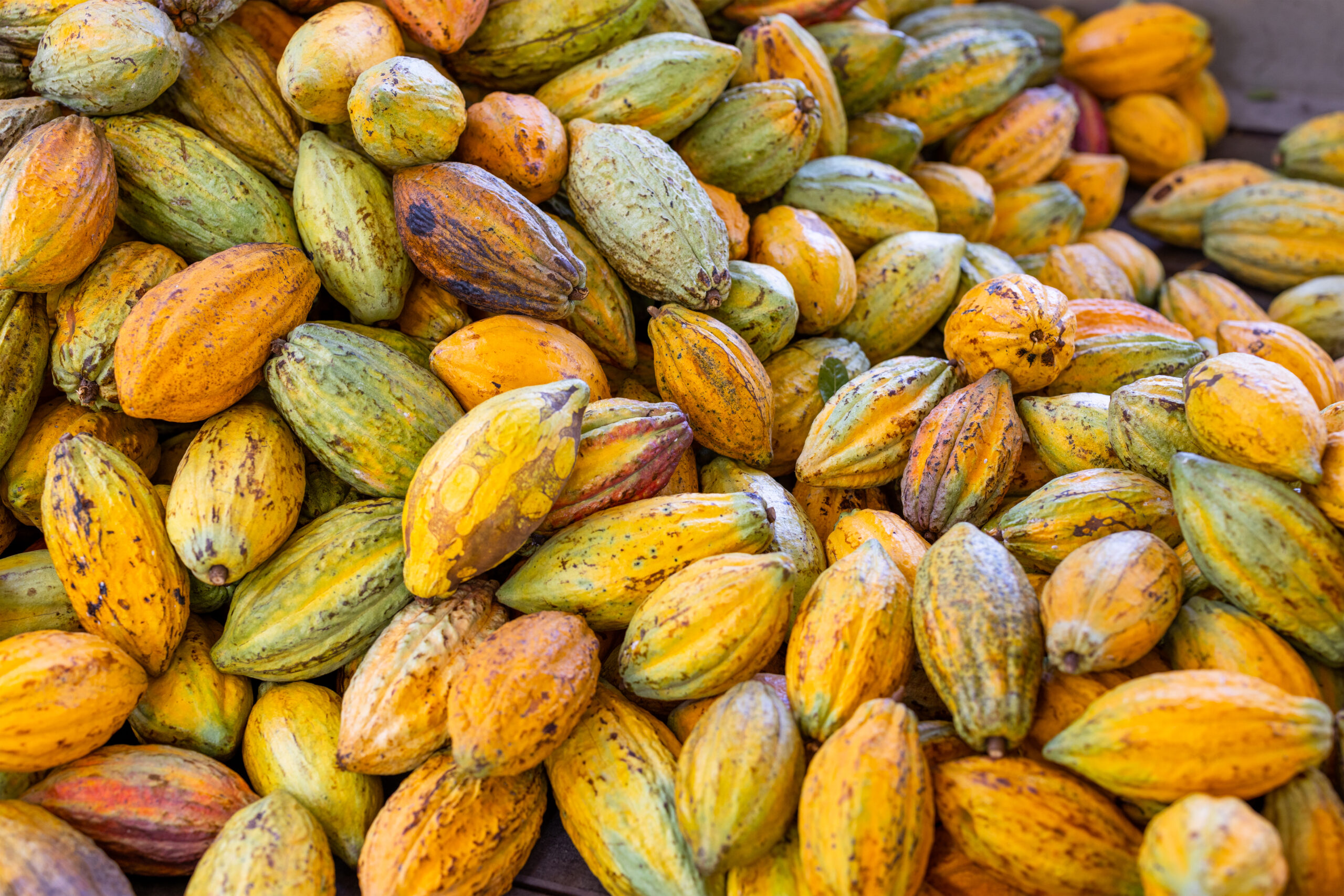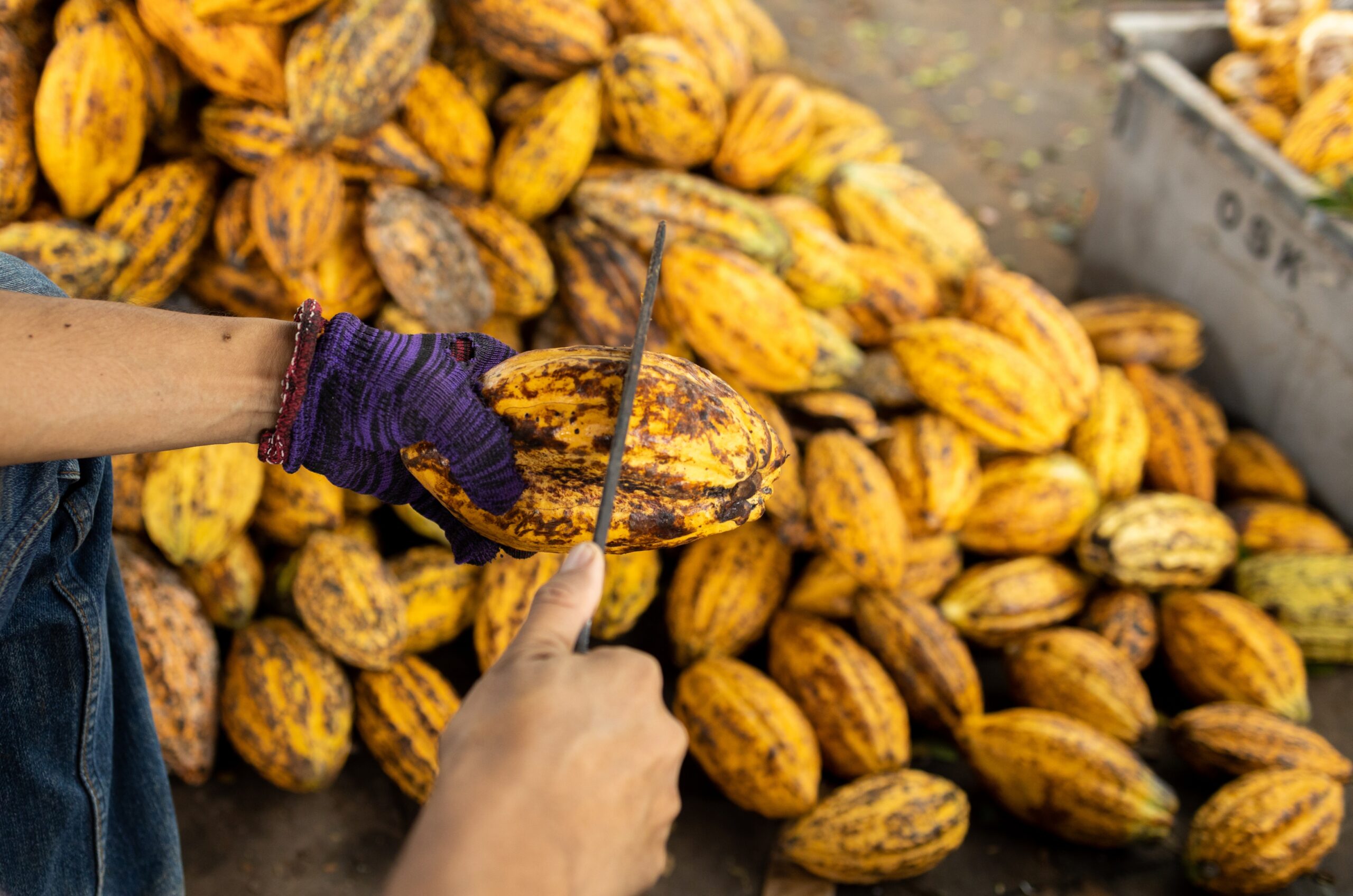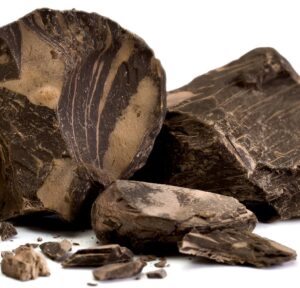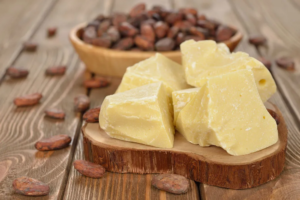Cocoa is a cornerstone commodity for the global food industry, primarily driven by the production of chocolate and cocoa-based products. Its demand has been on a steady rise, fueled by growing consumption in regions such as Europe, North America, and parts of Asia. The global cocoa market is worth billions of dollars, and its supply chain relies heavily on regions like West Africa, where around 70% of the world’s cocoa beans are produced. Countries such as Ivory Coast, Ghana, and Nigeria dominate global exports, with a growing network of bulk cocoa suppliers ensuring that international demand is met.
Over the past decade, the global cocoa market has seen significant developments, with increasing attention on bulk cocoa trade and the role of bulk cocoa beans suppliers in maintaining a stable supply chain. At the same time, the introduction of premium and ethically sourced cocoa products has become a priority for manufacturers and consumers alike.
Despite its booming demand, cocoa production faces several challenges ranging from climate change to labor concerns. Volatility in cocoa prices due to environmental factors and global economic shifts have affected producers, exporters, and manufacturers. However, several efforts are being made to enhance sustainability in the cocoa industry, particularly in increasing productivity while also ensuring fair labor practices.
It is important that we get a look into the global cocoa market, exploring the production landscape, trade dynamics, price volatility, and the role of bulk cocoa bean exporters in ensuring a smooth supply chain. We will also discuss the growing demand for cocoa derivatives like cocoa powder, alkalized cocoa powder, and cocoa nibs, which are gaining prominence in health-conscious markets worldwide.
Global Cocoa Production: Dominant Regions and Trends
Cocoa production is mainly concentrated in West Africa, particularly in Ivory Coast, Ghana, and Nigeria. Together, these countries produce the bulk of the world’s cocoa beans, which are exported to major markets across Europe, North America, and Asia. Latin American countries like Ecuador and Brazil also contribute significantly to global cocoa production, with an emphasis on premium and organic cocoa beans.
However, the cocoa industry faces challenges that threaten its stability. Climate change, for instance, has resulted in unpredictable weather patterns such as droughts and floods, which directly affect crop yields. In West Africa, where most cocoa farms are smallholder operations, farmers struggle to maintain productivity levels amidst these environmental changes. Additionally, many farms are aging, leading to declining output.
To address these challenges, governments and cocoa organizations have initiated programs aimed at improving cocoa yields. These programs often include training on sustainable farming practices, the introduction of high-yield cocoa varieties, and the provision of financial support for farmers. Despite these efforts, there remains a pressing need for long-term solutions to mitigate the impact of climate change on cocoa production.
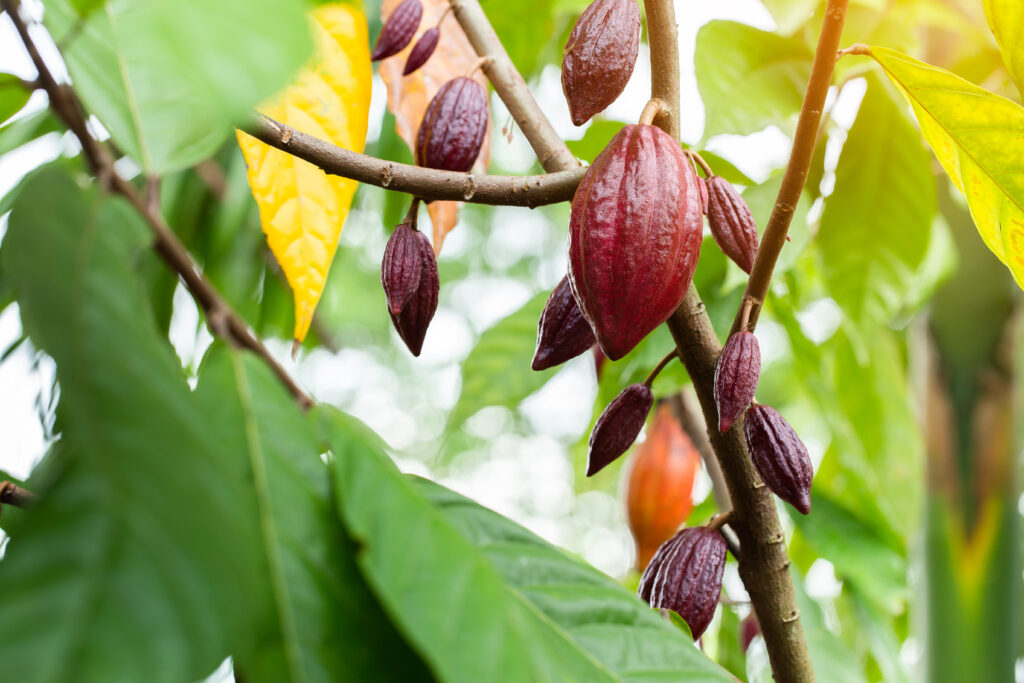
Key Cocoa Producers and Their Role in the Market
- Ivory Coast: The world’s largest cocoa producer, Ivory Coast, consistently contributes over 40% of global cocoa bean production. The country’s bulk cocoa industry has been vital for maintaining global supply. Despite recent weather challenges, Ivory Coast is projected to increase its production in the coming year, driven by government initiatives to support cocoa farmers and enhance yield through better farming techniques.
- Ghana: Another major player, Ghana, is responsible for nearly 20% of the world’s cocoa output. The country has been experiencing some recovery from production declines due to diseases affecting cocoa crops, and expectations are high for a productive 2024. Ghana’s focus on sustainable cocoa farming and the introduction of high-yield cocoa varieties have the potential to bolster its position in the global market.
- Ecuador: As the largest cocoa producer in Latin America, Ecuador is known for its high-quality cocoa beans, particularly its prized “Arriba” cocoa. The country’s investment in enhancing the productivity of its cocoa farmers is expected to lead to an increase in the availability of premium bulk cocoa beans for export.
These top cocoa-producing nations play a critical role in supplying raw cocoa beans to meet global demand. The majority of their exports go to Europe and North America, where cocoa is processed into products such as cocoa powder and alkalized cocoa powder.
Growing Demand for Cocoa-Based Products
The global demand for cocoa is driven not only by the chocolate industry but also by the increasing popularity of cocoa-based products such as cocoa powder, alkalized cocoa powder, and cocoa nibs. These products are widely used in baking, beverages, and health foods, with cocoa nibs in particular gaining popularity due to their antioxidant properties and health benefits.
- Cocoa Powder and Alkalized Cocoa Powder: Cocoa powder, derived from roasted cocoa beans, is a versatile ingredient used in a variety of food products. Alkalized cocoa powder, often referred to as Dutch-processed cocoa, is treated with an alkali to reduce its acidity, resulting in a smoother flavor. This makes it particularly popular in the baking and confectionery industries. The demand for alkalized cocoa powder is expected to rise as consumers seek premium-quality chocolate products with richer flavors.
- Cocoa Nibs: Cocoa nibs, which are crushed pieces of raw cocoa beans, have become increasingly popular in the health food market. Known for their intense chocolate flavor and crunchy texture, cocoa nibs are often used as a topping for smoothie bowls, yogurt, and desserts. As more consumers seek out healthy, plant-based snacks, the demand for bulk cocoa nibs is likely to increase.
- Organic and Fair Trade Cocoa: With a growing awareness of ethical sourcing and sustainability, there is a rising demand for organic and Fair Trade certified cocoa products. Consumers are increasingly willing to pay a premium for chocolate and cocoa-based products that are sustainably sourced. Bulk cocoa bean suppliers who offer traceable, ethically sourced products are well-positioned to meet this demand.
The Role of Bulk Cocoa Bean Exporters in the Global Supply Chain
Bulk cocoa bean exporters play a crucial role in bridging the gap between cocoa farmers and global markets. These exporters, especially those based in cocoa-producing regions, are responsible for sourcing, processing, and distributing bulk cocoa beans to international buyers, including chocolate manufacturers and food processors. The efficiency of this supply chain is critical to ensuring a steady flow of raw cocoa beans to meet the growing global demand.
As price volatility continues to pose challenges for the industry, bulk cocoa suppliers and exporters must remain agile. Cocoa prices have been particularly unstable in recent years, driven by factors such as fluctuating production levels and global economic conditions. For instance, a recent slump in cocoa prices followed projections of improved global production, particularly in West Africa, where favorable weather conditions were expected to boost yields .
Key players like Radad International, a bulk cocoa bean supplier, have navigated these challenges by maintaining strong relationships with farmers and ensuring high-quality bulk cocoa bean exports. Radad International’s role in the global supply chain helps to meet the demand for bulk cocoa beans while also contributing to sustainable sourcing practices.
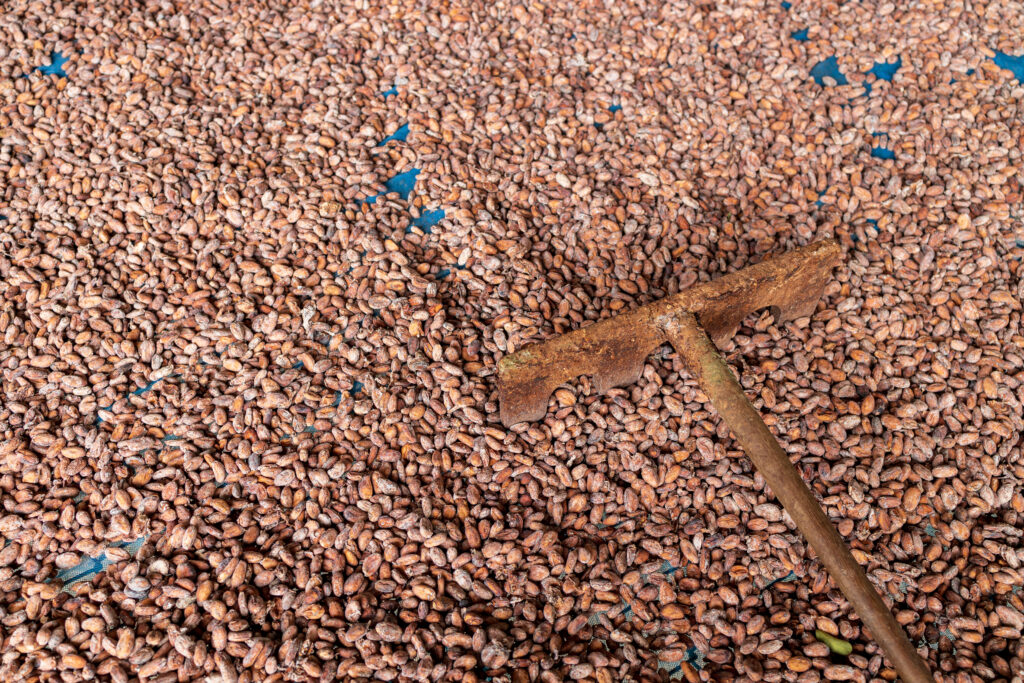
Challenges in the Cocoa Market: Price Volatility and Sustainability
Despite the rising demand for cocoa and its derivatives, the industry faces several significant challenges. One of the most pressing issues is price volatility. Cocoa prices are influenced by a variety of factors, including weather conditions, political instability in producing countries, and global economic trends. In 2023, for instance, cocoa prices surged due to concerns over lower production in West Africa, but recent reports suggest that improved weather conditions may lead to a more stable production outlook in 2024.
Another major challenge is sustainability. The cocoa industry has long been criticized for its environmental and social impacts, including deforestation, child labor, and poor wages for farmers. In response, there has been a growing movement toward sustainable cocoa farming practices, with many companies pledging to source only sustainably grown cocoa by 2025. Bulk cocoa beans exporters and suppliers are also increasingly focused on ensuring that their products meet ethical sourcing standards.
Opportunities in the Cocoa Market
Despite the challenges, the global cocoa market presents numerous opportunities for growth:
- Rising Demand for Premium and Organic Cocoa Products: As consumer preferences shift towards healthier and more sustainable products, the demand for organic and premium cocoa is on the rise. Cocoa suppliers who can offer ethically sourced, organic bulk cocoa beans are well-positioned to capitalize on this trend. This demand is particularly strong in Europe and North America, where consumers are willing to pay a premium for higher-quality, sustainable products.
- Expanding Cocoa Processing Capabilities: Many cocoa-producing countries are investing in expanding their cocoa processing capabilities. By processing more raw cocoa beans locally into products such as cocoa powder and cocoa butter, these countries can add value to their exports and reduce their reliance on raw bean exports. This shift towards local processing also provides more economic opportunities for cocoa farmers and local communities.
- Technological Innovations in Farming: Innovations in cocoa farming, including the use of precision agriculture and improved cocoa varieties, are helping to increase yields and improve the quality of cocoa beans. These advancements are crucial for meeting the growing global demand for cocoa products while also addressing the challenges posed by climate change and sustainability concerns.
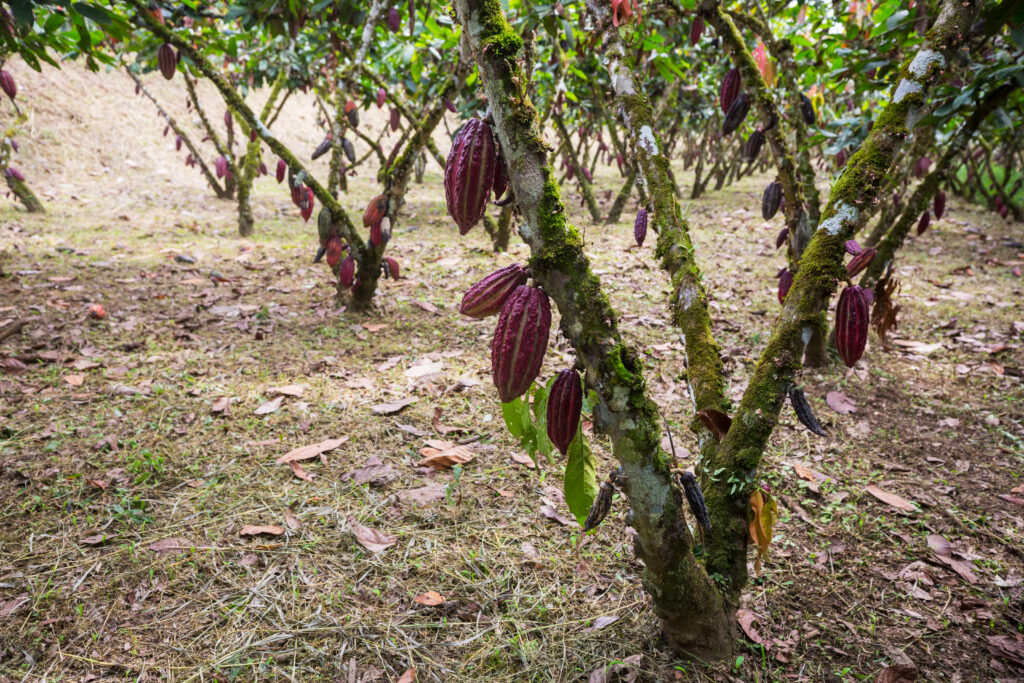
The global cocoa outlook remains positive, with strong demand for cocoa-based products and a favorable production forecast for the coming years. However, the industry must navigate significant challenges, including price volatility, climate change, and sustainability concerns. Bulk cocoa beans exporters like Radad International play a vital role in maintaining the global cocoa supply chain, ensuring that manufacturers can meet the growing demand for cocoa powder, alkalized cocoa powder, and other derivatives.
As the market evolves, it will be essential for stakeholders across the cocoa industry to invest in sustainable practices, support cocoa farmers, and adapt to changing consumer preferences. By doing so, the industry can continue to thrive while addressing some of the most pressing challenges it faces.
www.radadinternational.com
info@radadinternational.com
+971522501039

